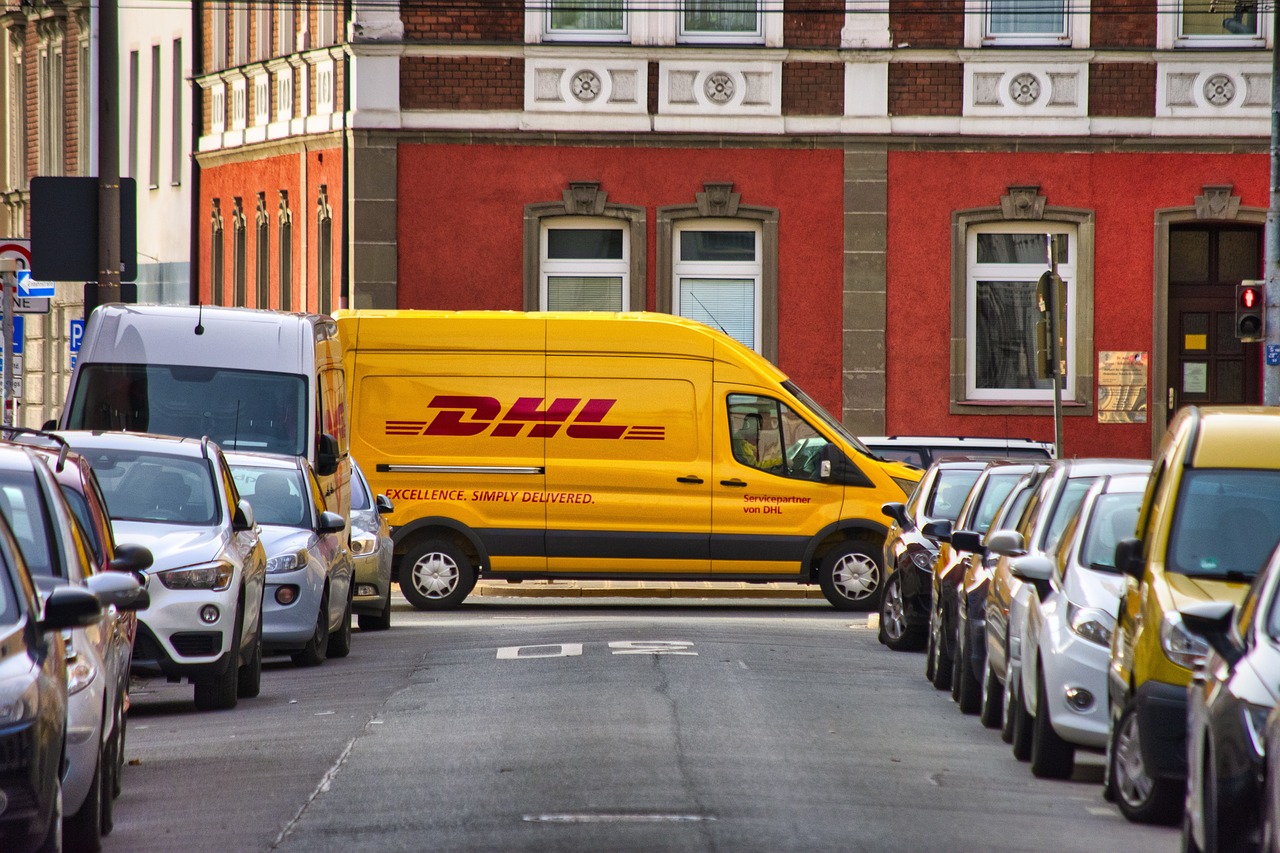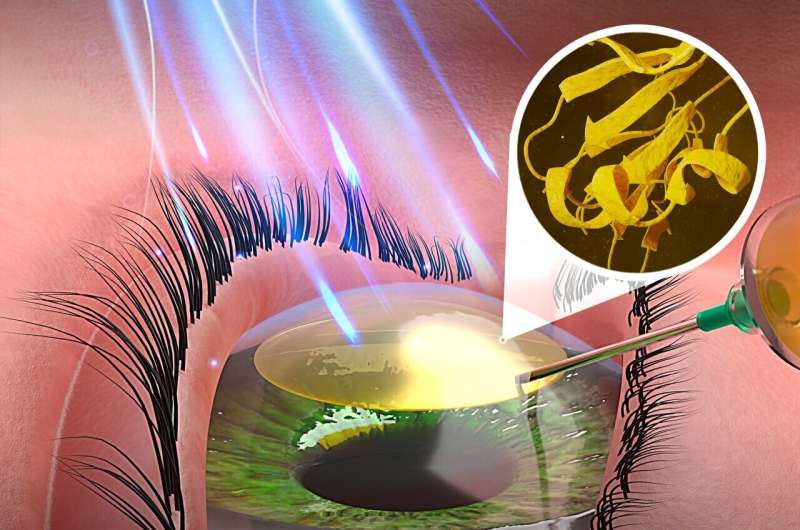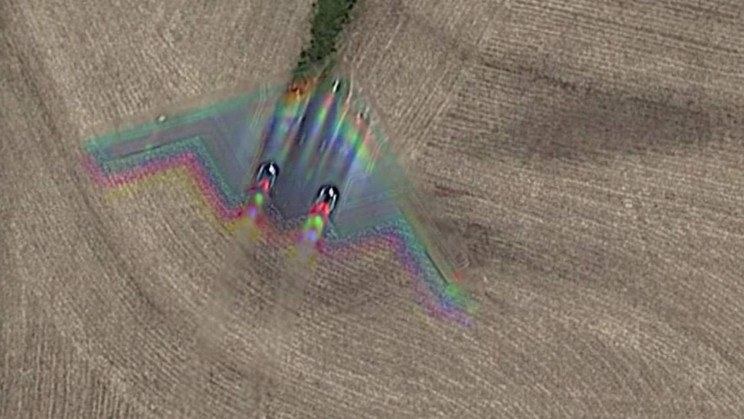Not only are batteries getting better, but they are also getting incredibly faster. Morand, a technology start-up based in Switzerland, had been successful in developing a cutting-edge battery system that can rapidly recharge an electric vehicle (EV).
The new technology, called Morand eTechnology, is capable of 80% recharging in 72 seconds. Regular refueling of an internal combustion engine vehicle at a gas station can take around 2 minutes, according to the American Petroleum Institute.
Morand’s scientists explain that eTechnology is a hybrid system that combines the technology of traditional batteries and supercapacitors. After several tests conducted on a 7.2 kWh battery prototype, the new ultra-fast technology demonstrated 80%, 98%, and 100% recharging capacity in 72 seconds, 120 seconds, and 2,5 minutes, respectively.
But ultra-rapid charging can come at the risk of reducing EV battery cycle life. This explains why the world’s long-distance EVs prefer slower charging.
According to Morand, the key materials consist of aluminum, graphene, and carbon while lithium and cobalt only account for a minimal amount. The eTechnology is also implemented with a fire protection system, increasing capacity in extreme temperatures
The eTechnology is useful for small city cars, such as the Citroën Ami with a 5.5 kWh battery, drones, as well as e-bikes that require fast charging.
Morand is collaborating with other businesses in an effort to promote eTechnology’s battery technology. There is a possibility that the initial cost of this type of battery will be greater than the cost of lithium-ion batteries; nevertheless, the firm intends to increase the scale of its manufacturing in order to optimize production costs and decrease production costs.
Global supply chain disruption exacerbates cost problems in the auto industry. Supply chain instability is likely to disrupt efforts to reduce input costs for lithium-ion batteries.
The search is underway for alternative materials that can guarantee battery performance while yet being cost-effective for companies. The newly developed technology of Morand has the potential to completely alter the game, or at the very least, open the path for further improvements.







